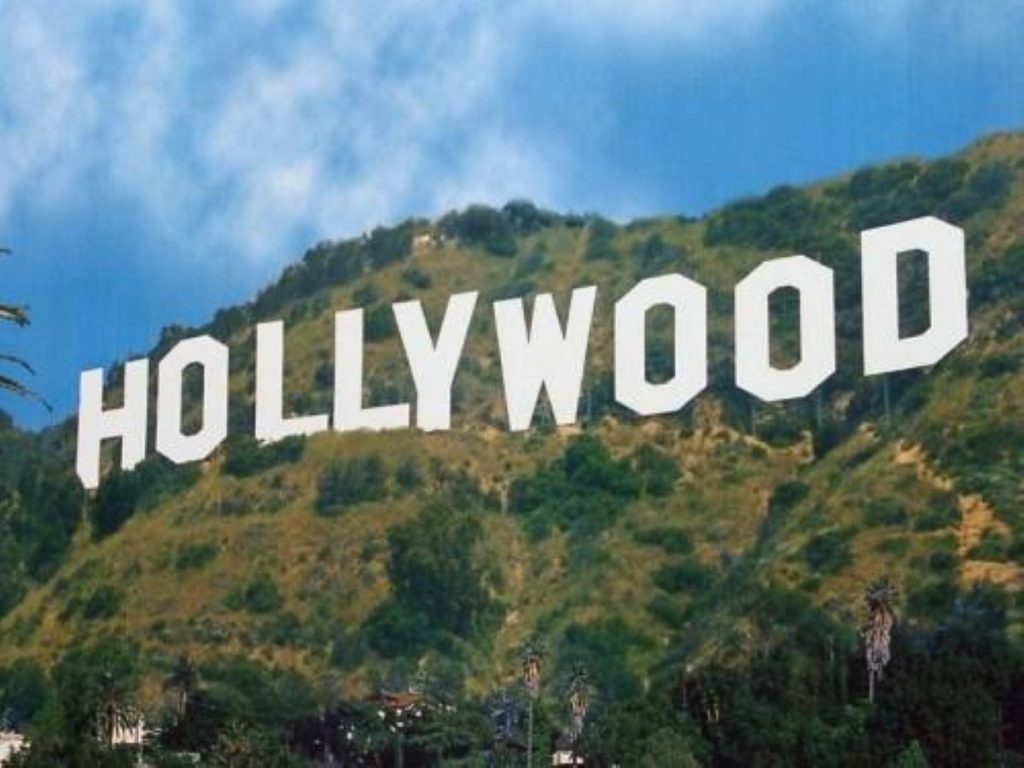The Week in Politics: Show-business for ugly people
The Leveson inquiry adds some much-needed glamour to British politics.
By Ian Dunt Follow @IanDunt
They say politics is show-business for ugly people, so it was with considerable gratitude that the Leveson inquiry invited a stream of film stars and models to contemplate the state of the British media industry. Most observers completely forgot that issues affecting the fabric of British democratic culture were being discussed as Hugh Grant, Steve Coogan, and Sienna Miller offered their account of press harassment and intimidation, alongside genuinely heartbreaking testimony from the Dowler and McCann families.
Ironically, the non-phone-hacking-related allegations were the most affecting. The McCanns' description of how news stories were almost entirely made up was extremely effective. Max Mosely's insistence that no-one should have the slightest interest in his bizarre sexual mores rang true. Harry Potter creator J.K.Rowling's description of finding notes from journalists smuggled in her children's school bags was deeply affecting. No-one has quite worked out where this is all going and Levenson has adopted an extremely broad approach to the inquiry, but most observers – even many in the press – had to admit the process felt healthy and necessary.


Across London, preparations for the impending public sector pensions strike were taking place in a manner that was considerably less healthy or necessary. It was also far less attractive.
In one way or another, everything was about the strike. Cameron started the week telling the CBI that cutting the deficit was turning out to be harder than he'd expected. He picked the right audience, who listened sympathetically, like the parents of a successful banker who's afraid he's about to be made redundant.
In all likelihood, the audience would thought little of the Fair Pay Commission's report on Tuesday, highlighting a 5,000% pay increase for Barclay's boss and men (they're mostly men) in a similar position. Cameron had no such opportunity and frontbench Tories were forced to make sympathetic noises about the report while the Lib Dems and Labour jumped on it and demanded instant implementation. The unions fired a warning shot – the first of many – with research showing how wealthy the Cabinet ministers conducting pension negotiations with them were.
By the way, a report into political party funding came out. No-one noticed. It didn’t suit the Tories or Labour, who, in their own ways, are heavily reliant on the current system. It did suit the Lib Dems, but we all know how that works out. Even the third party didn’t want to praise it too loudly. Asking the public to stump up cash for parties they're anyway not keen on would be foolish in the extreme.
Miliband had a small victory on Wednesday with the news Oxford University Press had made his 'squeezed middle' the word of the year. No-one seemed to notice it is actually a phrase. He was considerably less lucky at PMQs where another mediocre performance failed to make a dent on Cameron. The PM spent most of the time inelegantly trying to get Miliband on the 'wrong' side of the strike issue.
The next day Miliband offered an impressively cogent and concise speech on his opposition to government economic policy – no joke there at all. Agree or not, it was the clearest expression of his policy available thus far. The unions and the government weren't listening. They were on full war mode, firing all sorts of nastiness at each other, like a couple who never loved each other in the first place.
By Friday nothing had changed and hostilities were in no way reduced. Queues of 12-hours are expected at Heathrow because the UK Border Agency is still irritated with the home secretary fighting dirty during the recent border checks row. As for the home secretary, you'd have to pry the authorisation for reduced border checks from her cold, dead fingers. If there's one rule to learn from the week it's this: Don’t try to come to the UK next Wednesday. Seriously.









